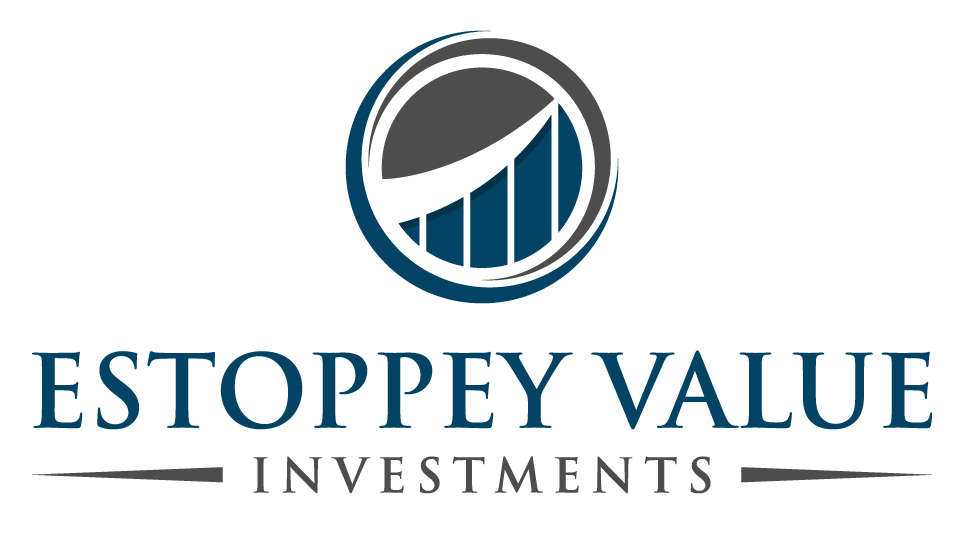Wealth Manager
Would you like to invest your money? Get in touch with an expert:
What is a Wealth Manager?
According to the Swiss Financial Market Supervisory Authority (FINMA), a wealth manager is an individual who is authorized to professionally handle the assets of third parties. In accordance with the Financial Institutions Act (FinIA), a wealth manager is defined as “a person mandated to manage assets on a commercial basis in the name of and on behalf of clients within the meaning of Article 3 letter c items 1 to 4 FinSa " (Art. 17, FinIA). Individuals who manage assets of collective investment schemes or pension funds below specific thresholds are also considered wealth managers. Wealth managers must obtain approval from FINMA in order to carry out this activity.
Not all wealth managers are equally professional. The responsibilities of a wealth manager are complex and require a high level of expertise, as well as social competence. When selecting a good wealth manager, clients should pay attention to the following aspects:
Firstly, the process of wealth management begins with a conversation where the client's investment strategy is determined. It is crucial that the wealth manager aligns the strategy with the client's objectives. The wealth manager must take into account the client's risk capacity and risk appetite. A good wealth manager shows genuine interest in the client's current life situation. Furthermore, they are also interested in planned and unplanned changes in the client's future circumstances in order to flexibly adjust the investment strategy. Thus, a wealth manager not only keeps an eye on the managed assets but also considers the overall financial situation of their clients. A good wealth manager requires a strong sense of empathy for client needs and a high level of social competence. The focus of their work should always be on the clients' requirements.
When selecting a wealth manager, attention should be paid to potential conflicts of interest. There are excellent independent wealth managers who operate without receiving retrocessions. This ensures that they work in the best interest of their clients, rather than selling products from their own bank. Particularly, wealth managers who receive commissions or are employed by banks may face the temptation to sell specific products with high commissions or utilize funds and financial products from their own employer. Therefore, ideally, the wealth manager should not offer their own products to avoid conflicts of interest. A good wealth manager possesses sufficient soft skills, as well as a solid expertise, and ideally operates independently without any conflicts of interest.
In summary, a good wealth manager should possess the following competencies:
Soft Skills
- Social Competencies: Empathy, Trustworthiness, Communication Skills, People Skills
- Activity and Implementation-Oriented Competencies: Client Orientation, Analytical Skills, Judgment, Utilization of Knowledge and Information, Risk Appetite
- Personal Competencies: Passion, Self-Confidence, Creativity, Adaptability, Decision-Making, Flexibility, Logical Thinking, Accountability
- Methodological Competencies: Understanding and Analytical Thinking
Technical Qualifications
- Professional Qualifications and Experience
- Expertise in Various Types of Investment Products
- Understanding of Economic Principles
- Knowledge of Company Valuation
- Must be both a Specialist and a Generalist
- Regular, in-depth Training and Professional Development
- Independence
- Free from Conflicts of Interest
In January 2020, the Financial Institutions Act (FinIA) and the Financial Services Act (FIDLEG) came into effect, requiring certain financial market participants to obtain authorization to continue their activities. Wealth managers are among these financial market participants. Investment and client advisors must now register in the advisor register and join an ombudsman's office.
Investment advice only involves the guidance and recommendations provided by an advisor (Art. 3 lit. c no. 4 in conjunction with Art. 3 lit. a FIDLEG). In this case, the client relies on the expertise of the advisor but carries out the transactions themselves. On the other hand, a wealth manager has the freedom to manage the client's assets (Art. 3 lit. c no. 1-3 FIDLEG). However, the wealth manager operates within the framework of a wealth management agreement that includes the agreed-upon investment strategy. The investment strategy is developed in collaboration with the client, taking into account their preferences, risk capacity, and risk appetite. Nevertheless, the wealth manager independently makes investment decisions within the scope of the discussed strategy. For this purpose, the wealth manager is granted limited power of attorney. If the wealth manager wishes to invest in assets not defined as financial instruments under FIDLEG, they must join a self-regulatory organization (SRO) due to anti-money laundering regulations.
The authorization must be granted by the Swiss Financial Market Supervisory Authority (FINMA). The wealth manager must meet various personal, financial, and organizational requirements. This includes having a presence in Switzerland and a sound organizational structure. Additionally, sufficient financial resources must be available. The wealth manager also needs to have a good reputation and possess the necessary professional qualifications.
On the other hand, investment advisors do not require authorization from FINMA. They are not supervised by FINMA (via a supervisory organization). However, under FIDLEG, they are considered client advisors and are still subject to certain requirements, such as expertise, knowledge of conduct rules, registration in the advisor register, and affiliation with an ombudsman's office, as mentioned before.
A wealth manager in Switzerland must meet high standards in order to obtain authorization from FINMA. The following are the requirements summarized in general terms. These requirements are governed by the Financial Institutions Act (FinIa):
- Organization: Adequate rules for corporate governance - the organization must fulfill legal obligations and have appropriate risk control measures in place with effective internal controls.
- Location of Service: Management with a registered office in Switzerland.
- Guarantee: The financial institution and management must provide assurance of sound business operations. Management must have a good reputation and possess the necessary qualifications.
- Protection against Confusion and Deception: The designation of the financial institution must not be misleading.
- Ombudsman: The wealth manager must join an ombudsman's office.
Other regulated points include the delegation of tasks to suitable individuals and the requirement to report foreign business to FINMA before it is conducted.
In addition, the following points must be fulfilled by a wealth manager:
- Requirements for Qualified Management: Adequate education, sufficient professional experience in wealth management for third parties - according to Art. 25 of the Financial Institutions Ordinance (FINIO), this entails a minimum of 5 years of work experience in the field of asset management - and a minimum of 40 hours of training.
- Risk Management and Internal Controls: Risk management can be carried out by a qualified manager or delegated to suitable individuals.
- Minimum Capital and Collateral: The minimum capital for asset managers is CHF 100,000.
- Own Funds: Adequate own funds, at least one-fourth of the fixed costs of the previous financial year, and a maximum of CHF 10 million.
Would you like to invest your money?
Speak to an expert.
Your first appointment is free of charge.



